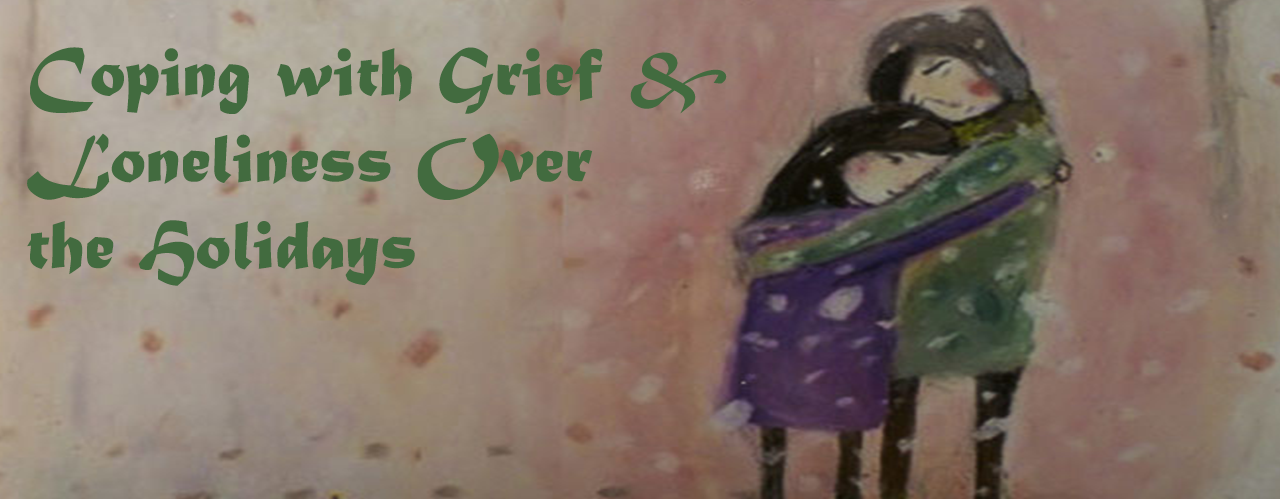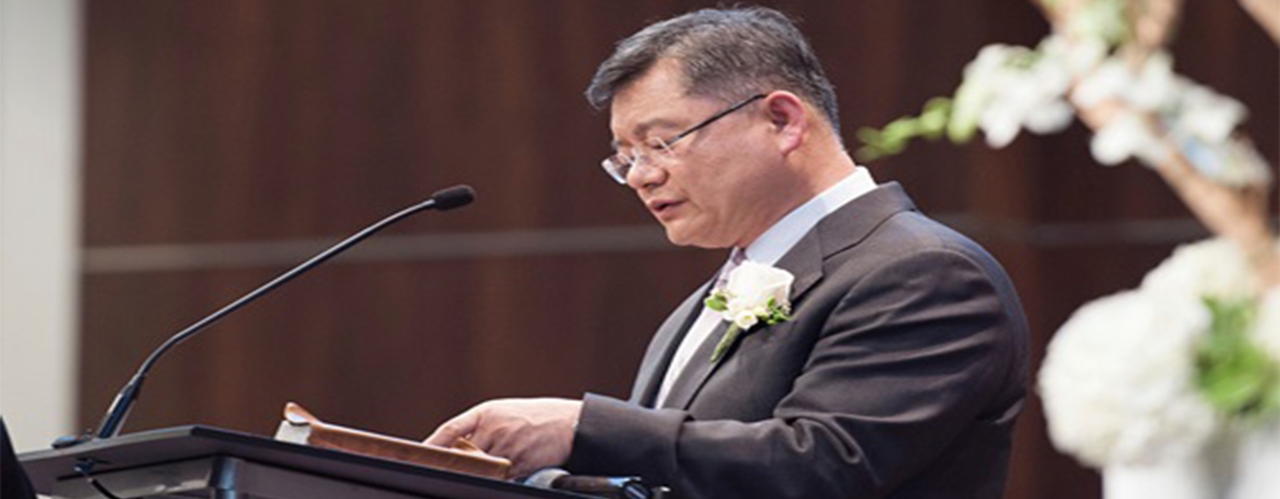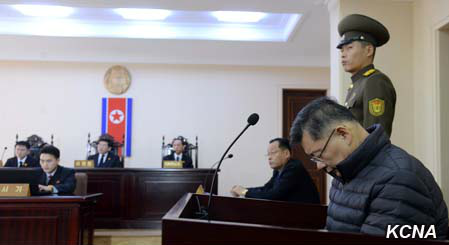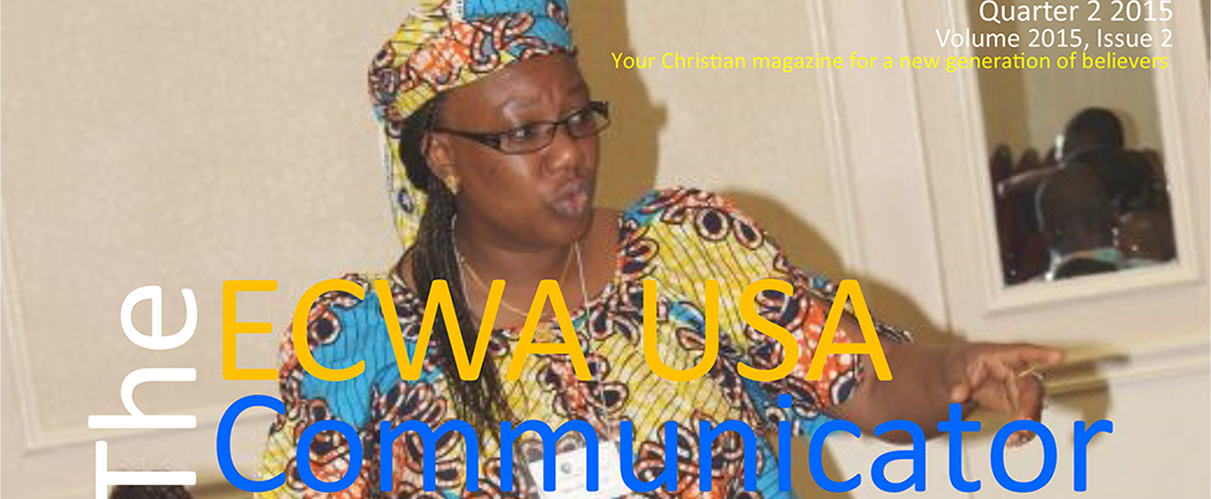As a single mom, "I've come to realize that it's not a sign of weakness for me to be lonely" (photo ECWA Archive)
Today is the 31st. The last day of the year, although it marks more than that for me. Today also closes out seven years of loneliness for me. On Jan. 1, I will begin my 8th year, and that's a long time. A very long time when you were made to love. When you were made for companionship.
A very long time when you're running yourself into the ground and losing your entire identity while you push yourself past every limit in effort to be both mom and dad, raising kids to feel as little as possible of the pains that come along with a single parent household. I'm tired. And I never get used to an empty bed. Never.
This year, year seven, has been monumental for me. To make a long story short(er), for the first time in this journey, I've come to realize that it's not a sign of weakness for me to be lonely. It's not a part of me that I have to allow to scar over, making me tough. I don't have to pretend … to the world or even myself, that I'm happy living life on a solo run. I've come to the end of a season in my life, and thankfully, the end of one season, means the beginning of another one.
As I'm looking with new eyes, I'm seeing that we are surrounded with people who are walking alone. I dare venture to say that 98% of said people don't prefer to be alone. I will only speak of myself here, but if the shoe fits, I'd encourage you to wear it as well. I've been inundated through the years with "let God be your husband" mentality. I've become ashamed for my own desires and somehow felt that to push for wholeness in this area was a direct reflection on my relationship with God not being where it should be.
Now I know that's not correct. Is God to be the center? Absolutely, but that's the case if you're married OR single. Spoiler alert: Our Father did not create us to walk alone. It was never His plan, He never intended it, even His disciples were sent out two by two. You're no holier by acting like you can win life all by yourself. He looked down at Adam and quickly admitted that it wasn't good for man to be alone. If God Himself admitted that, they why do we feel weak and powerless to do the same thing? It's time to get past that and I don't mean with Facebook rants about how sad we are. I mean in our prayers.
With this new revelation, I have personally decreed 2016 to be a year of new beginnings in our relationships, and not just for myself. I've decided to carry this for everyone in similar life situations who walk alone. It's time. I'm declaring this to be a year of prayer like never before. I'm going to move things in the heavens this year and I'm doing it for far more than myself. I'm doing it for you.
As I've come to this position, it's safe to say that I went through cycles of wanting to spit venom. I've hoped before and landed in a face plant every time. Many years ago I decided that it was better just to not try than to constantly be in heartbreak, so I simply isolated myself to keep the cycle from repeating. I convinced myself that I didn't need a mate. I was just fine. I was strong and I was bull headed. I could do just as much alone as I could together. Guess what? I was wrong.
As I keep feeling God pushing me in this direction, of course the thoughts come of all the times I've hoped in vain. How many times my heart got a fresh dose of sickness from hopes deferred. I keep pushing away the thoughts that try to convince me to NOT try again. Too many times I've thought the light was showing from the end of the tunnel, only for it to be a train that plowed over me.
Yet still … I hear the whispers … hope again. Just like Peter, he'd worked all night, was exhausted, every effort yielding nothing. Not even the smallest reward for his perseverance. Maybe there were even fishermen all around him, pulling in a good haul, but not him. He gets nothing. The sun comes up and he's done. He prepares to go home empty handed, again.
He pulls his boat up to shore and starts washing his nets when a man named Jesus asked Him to take Him out into the water so he could speak to the crowds better. Peter is tired, but he does. We don't know how long Jesus talked. Jesus MAY have been very long winded, we don't know … we just know Peter was tired, and empty handed. Peter had given up.
Just when it looked like Jesus was done and Peter could go back to shore, Jesus tells him to go out into the deep and let down his net. It's at this point that Amy (err, I mean Peter) says, "but Lord! I've done it all night. I'm tired. I've dropped these heavy nets and worked so hard to pull in what I needed to live and got NOTHING, even when everyone around me was successful. I've done this before, same exact spot … but .. sigh, just because you said so … I'm going to do it again." Simply at your word.
And we know the rest of the story. Peter pulled in more than he could even manage from likely the same spot where he'd come up hopeless just hours before. He put the needs of Jesus before his own by taking Jesus out on the boat when he was tired, discouraged and hopeless. Because of that, Jesus turned things and gave him the desire of his heart.
So many of us have invested years into serving God with broken hearts. We've "carried" the presence of God to a broken world, even when our own heart was empty. No more. This is the year of new beginnings and I'm encouraging you to go ahead and take a look around. Look around at all the times you've stepped through the same scenario and ended up with a dirty nose. Then, because He's saying so … try again. Same thing, same place. Try again.
(I just read a book that flipped my emotional tables on every level. As you decide if you will take the chances and drop your nets yet again, I'd strongly persuade you to read what I just finished. Keep Your Love On, by Danny Silk. And just buy the thing … you'll want to highlight every page)
You. Have permission to hope.
Amy Howard Davis has been a single mom for the last seven years and lives in Kansas City with her two sons, ages 8 and 9. Follow Amy on Facebook.




 1. Auyba Guffwan, Director,
1. Auyba Guffwan, Director,  Even as recently as a few years ago, microfinance was billed by many as the silver bullet that would eradicate world poverty. Many
Even as recently as a few years ago, microfinance was billed by many as the silver bullet that would eradicate world poverty. Many  3. Paul Niehaus, Co-founder and U.S. Director, GiveDirectly.
3. Paul Niehaus, Co-founder and U.S. Director, GiveDirectly. Menchit Wong began her career as a social worker in a slum re-settlement program in the Philippines. Thirty-six years later, she was standing on the platform at the international Lausanne Conference in Cape Town, addressing a large audience of global Christian leaders (from churches, ministry organizations, movements and alliances), championing the rights of children. The global church gathered at this conference recognized children as a priority in the coming decade. “It was a kairos moment,” Menchit says of her presentation. “God orchestrated a two-minute opportunity for Compassion to convince the global Church to invest in the value, potential, and priority of children in poverty.” It was a ministry model, says Menchit, “that ran contrary to hundreds of years of practice.”
Menchit Wong began her career as a social worker in a slum re-settlement program in the Philippines. Thirty-six years later, she was standing on the platform at the international Lausanne Conference in Cape Town, addressing a large audience of global Christian leaders (from churches, ministry organizations, movements and alliances), championing the rights of children. The global church gathered at this conference recognized children as a priority in the coming decade. “It was a kairos moment,” Menchit says of her presentation. “God orchestrated a two-minute opportunity for Compassion to convince the global Church to invest in the value, potential, and priority of children in poverty.” It was a ministry model, says Menchit, “that ran contrary to hundreds of years of practice.”
 5. Blake Mycoskie, Founder and CEO, TOMS Shoes, Inc.
5. Blake Mycoskie, Founder and CEO, TOMS Shoes, Inc.









 According to the official Korean Central News Agency (KCNA), state prosecutors argued for the death penalty against Lim in Wednesday’s 90-minute trial at the nation's supreme court,
According to the official Korean Central News Agency (KCNA), state prosecutors argued for the death penalty against Lim in Wednesday’s 90-minute trial at the nation's supreme court, 








